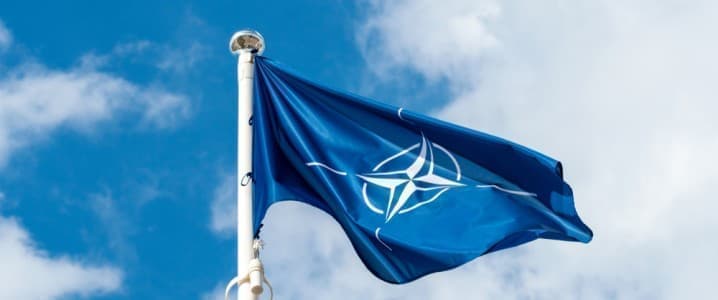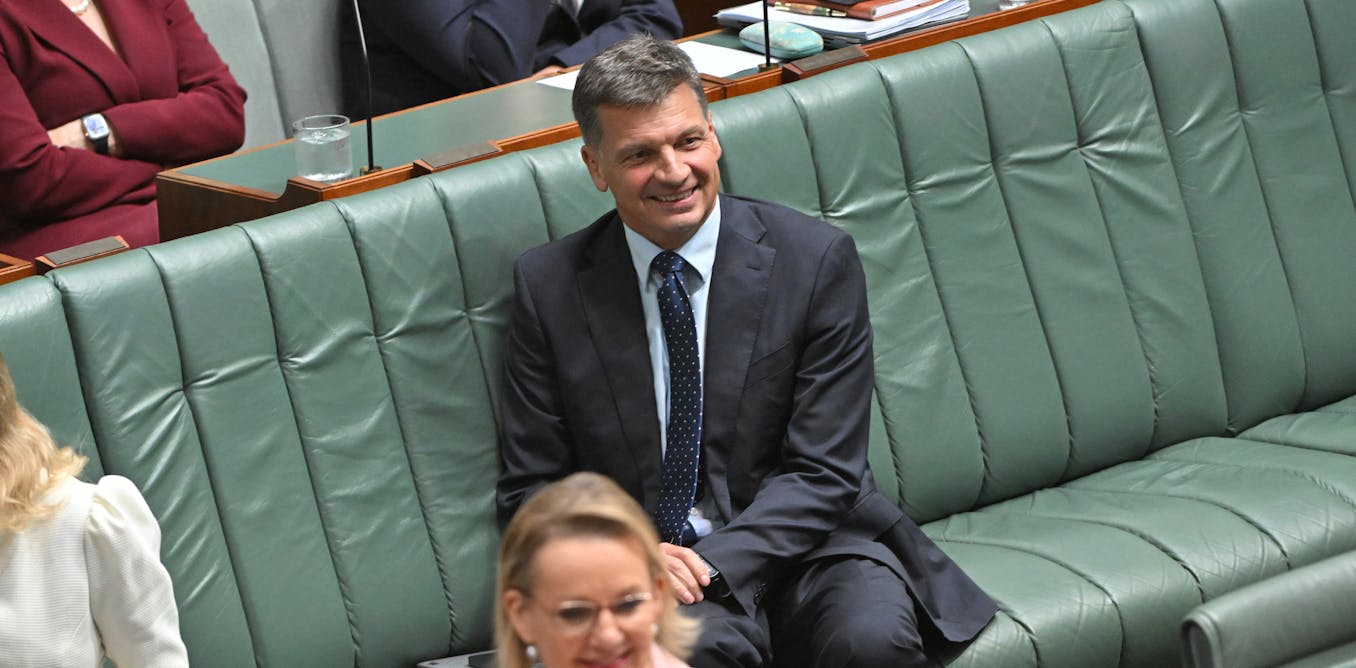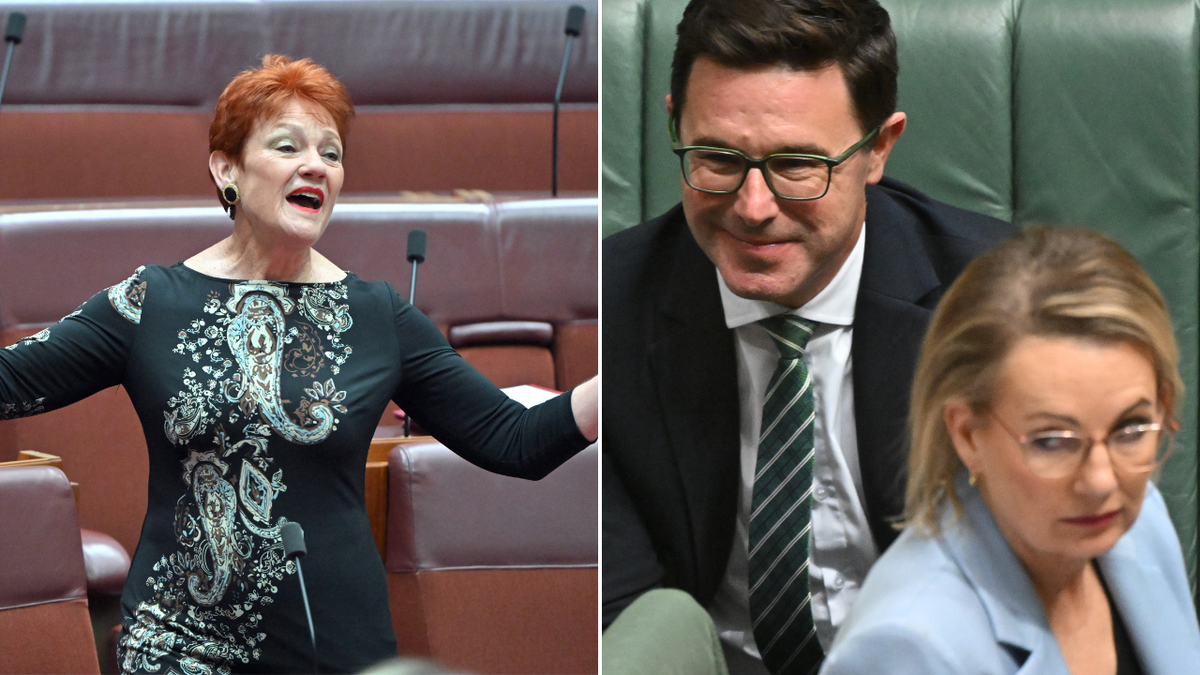
US President Donald Trump has called on NATO countries to cease imports of Russian oil as a condition for the United States to intensify sanctions against Moscow. This demand comes as part of ongoing efforts to undermine Russia’s economy amid its conflict with Ukraine. Currently, only three NATO nations—Hungary, Slovakia, and Turkey—import Russian crude oil, with Turkey being the largest importer.
Petras Kanitas, an analyst at the Center for Research on Energy and Clean Air (CREA) in Vilnius, highlighted Turkey’s significant role, stating, “According to our data, Turkey is the third largest Russian oil importer globally.” He noted that Turkey primarily purchases Russian oil due to the advantageous discounts it offers, and it also refines this crude to sell fuel products to Europe.
Trump’s statement, made in a post on September 13, 2023, has raised eyebrows as it represents a broader strategy to pressure Russia economically. He has previously indicated the possibility of imposing secondary tariffs on countries importing Russian oil, having already targeted India. Benjamin Hilgenstock, a senior economist at the KSE Institute, remarked, “Trump’s threats have largely been directed at India and, to an extent, China. Turkey was never kind of in the mix. So, this is an interesting new development.”
The underlying intention of Trump’s call is to strike at a critical revenue source for the Russian government, compelling it to engage in serious negotiations regarding the war it initiated against Ukraine in 2022. Hilgenstock pointed out that a loss of Turkish oil imports would create significant challenges for Moscow, potentially requiring it to offer deeper discounts to other buyers to redirect its oil supply.
Switching away from Russian oil, particularly for Turkey, presents substantial economic obstacles. Many of Turkey’s refineries rely heavily—up to 90 percent—on Russian crude, making a sudden shift highly impractical. Moreover, Turkey is a significant importer of refined Russian oil products, which complicates any potential transition away from those supplies.
The situation is further complicated by political dynamics. Unlike Hungary and Slovakia, which are EU members and thus subject to EU energy policies, Turkey retains more flexibility in its energy choices. Both Hungary and Slovakia have expressed their dependence on Russian oil supplied through the Druzhba pipeline. In August, Hungarian Foreign Minister Peter Szijarto commented on the risks of supply disruptions, stating that prolonged outages could render oil supplies to both countries impossible.
The European Union has established a target to eliminate Russian energy imports by 2027, but this is not a straightforward task for Hungary and Slovakia. Analysts suggest these countries might consider alternative routes, such as importing oil via the Adria pipeline through Croatia. Tamas Pletser, an oil and gas analyst at Erste Bank, emphasized that the challenge lies not in the technical feasibility of diversification but in the political and economic will to make such changes.
In recent months, the Czech Republic successfully eliminated its reliance on Russian oil, fulfilling a commitment made shortly after the escalation of the conflict in Ukraine. Kanitas remarked, “They kept their promise,” but he added that Hungarian Prime Minister Viktor Orban has a close relationship with Trump, suggesting a potential for exceptions or waivers in compliance with these new demands.
In addition to urging NATO to curb Russian oil imports, Trump has suggested imposing tariffs of 50-100 percent on China in response to its support for Russia. This call occurs amid ongoing tensions between Washington and Beijing over trade issues, with Trump extending deadlines for new trade terms as China remains resistant to concessions.
Republican Senator Lindsay Graham has echoed Trump’s sentiments, stating that it is time for Europe to adopt similar strategies against China and India. “This war will end,” Graham asserted during an appearance on NBC’s Meet the Press, suggesting that economic pressure could influence these nations’ future actions toward Russia.
Despite these calls for sanctions, European leaders have not signaled any imminent tariff increases on China, nor has there been clear movement towards reducing oil imports from Russia. Hilgenstock noted that for any significant changes to occur, Trump may need to engage directly with leaders in Hungary, Slovakia, and Turkey to address their concerns and facilitate a broader shift away from Russian oil dependence.
As the geopolitical landscape continues to evolve, the interplay between economic interests and political relationships remains a critical factor in shaping the future of NATO’s energy dependence on Russia.







